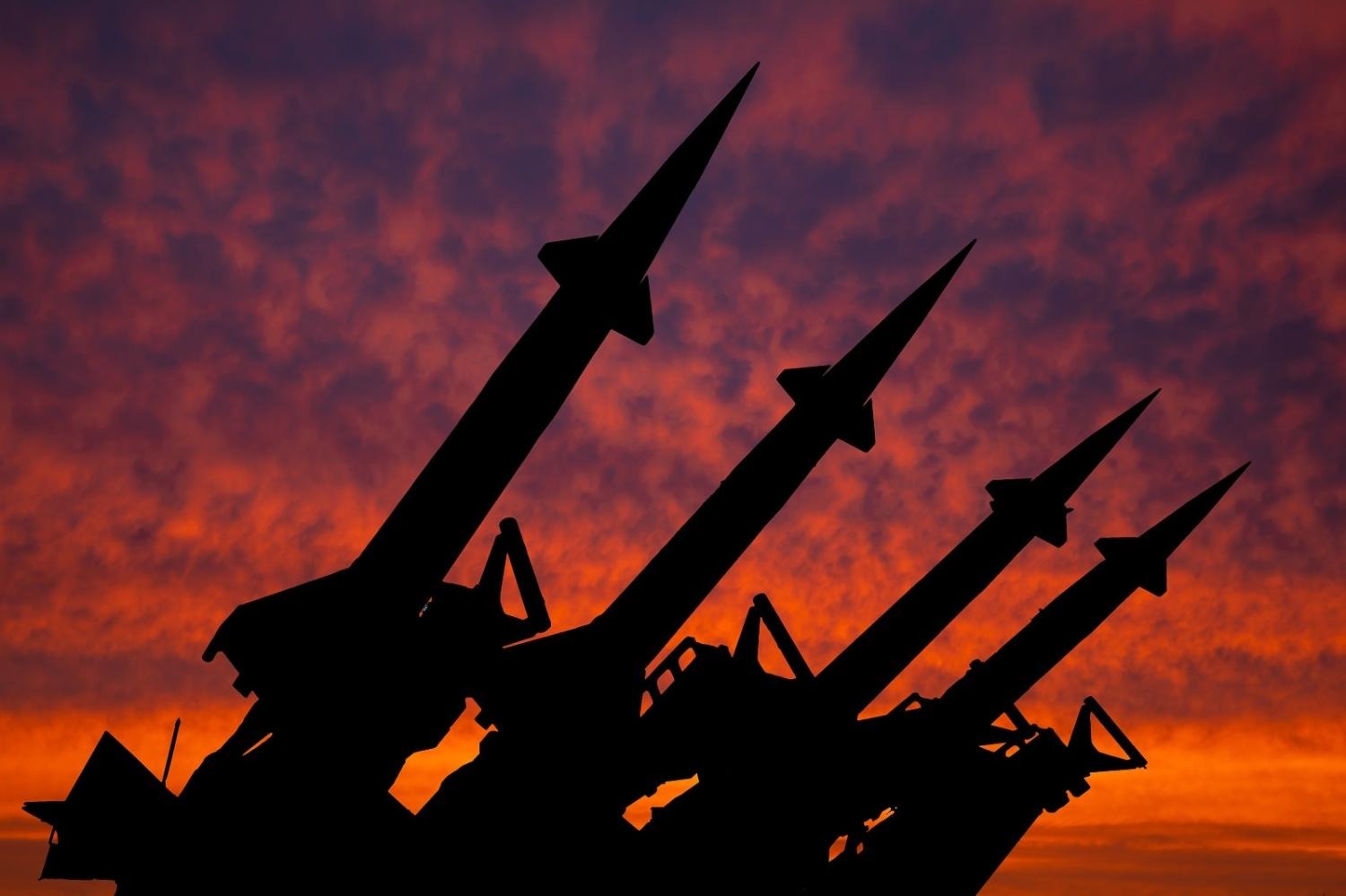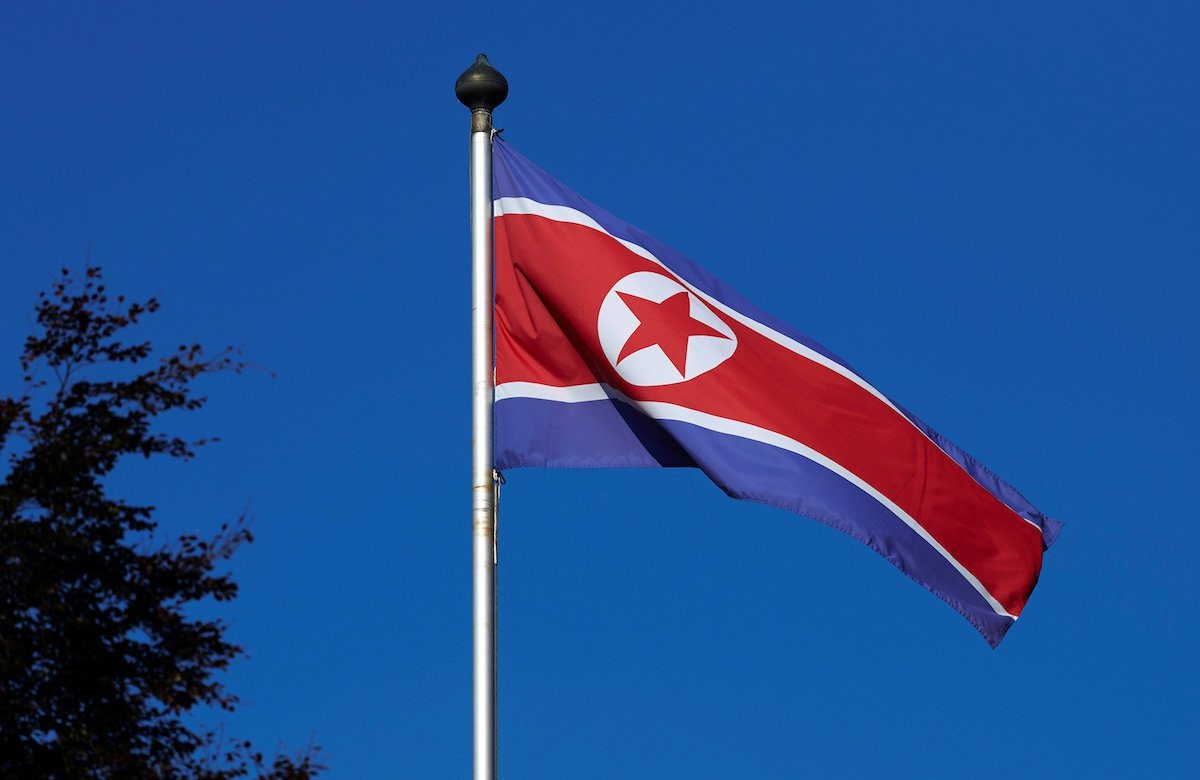In the middle of heightened tensions, the White House revealed on Thursday that Russia has been discreetly supplying refined petroleum to North Korea, potentially breaching the cap imposed by the United Nations Security Council.
This disclosure emerged immediately after a U.N. panel responsible for monitoring sanctions against North Korea was disbanded due to a Russian veto.
John Kirby, a national security spokesperson for the White House, informed reporters that Russia has been shipping refined petroleum from Port Vostochny to North Korea, despite Moscow’s veto of the panel’s mandate renewal. Under U.N. sanctions, Pyongyang is restricted to importing 500,000 barrels of refined products annually.

According to Kirby, Russia dispatched over 165,000 barrels of refined petroleum to North Korea in March alone. Given the close proximity of Russian and North Korean commercial ports, Kirby expressed concerns that Russia could sustain these shipments indefinitely.
The decision by Russia to block the renewal of U.N. sanctions monitors in March was perceived by U.S. officials as a strategic move to conceal its own violations of U.N. Security Council resolutions. Consequently, the United States plans to impose sanctions against those facilitating arms and petroleum transfers between Russia and North Korea.
Kirby affirmed that the U.S. will collaborate with its partners, including Australia, the European Union, Japan, New Zealand, South Korea, and the United Kingdom, to implement coordinated sanctions. State Department spokesperson Matt Miller indicated that the U.S. and its allies aim to announce new sanctions designations this month.

In March, the U.S. and South Korea established a task force dedicated to preventing North Korea from acquiring illicit oil. Additionally, accusations have been made against North Korea for transferring weapons to Russia for use against Ukraine.
Despite denials from Moscow and Pyongyang, a recent report by U.N. sanctions monitors suggested that debris from a missile that landed in the Ukrainian city of Kharkiv in January was from a North Korean Hwasong-11 series ballistic missile.

